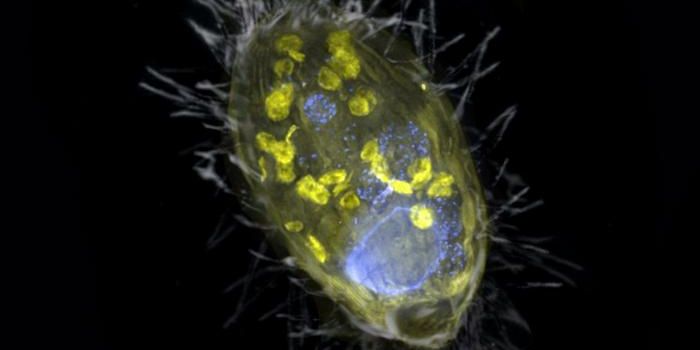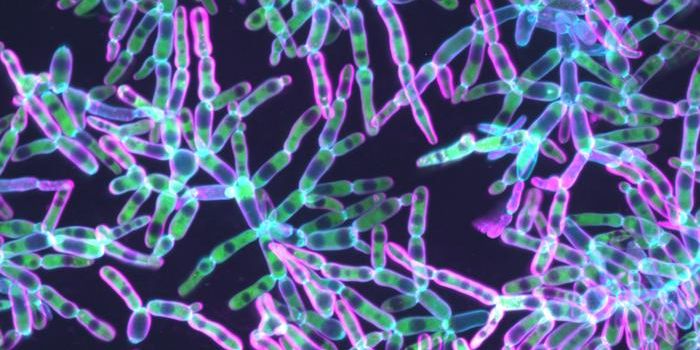Small Human Study Suggests Probiotics Boost Mood
The microbes in the human gut perform many important roles, and there are many beneficial, helpful microorganisms in the human gut microbiome. That microbiome is also directly connected to the brain by the so-called gut-brain axis, and microbes in the human gut can generate molecules that impact the human body, such as some neurotransmitters. Now scientists have performed a small study in human volunteers that has shown that consuming certain types of bacteria can reduce negative feelings. The findings have been reported in npj Mental Health Research.
"The gut–brain connection provides various routes through which bacteria in the gut can influence how we feel and behave, including via the vagus nerve, immune system and hormones," said corresponding study author Katerina Johnson.
The consumption of fermented foods that are rich in microbes like yogurt, kefir, and sauerkraut can impact the gut microbiome. Probiotics in pill form usually have to be protected from the harsh stomach environment to deliver microbes to the gut; this is usually done by encapsulating them. Previous research on probiotics has had lots of conflicting results, but probiotics are generally thought to improve health, reduce the risk of various diseases including irritable bowel syndrome, some types of cancer, allergies, and lactose intolerance, for some examples.
In this study, 88 young, health volunteers were recruited to take a probiotic every day for one month, or a placebo. The probiotic contained bacteria like Lactobacillus and Bifidobacterium that have previously been associated with good health in humans. The researchers considered the confounding results of previous work, so they utilized various methods such as computer tasks, daily mood self-reporting, tests of emotional processing, and questionnaires to assess the moods of the study participants in detail.
This work has suggested that compared to placebo, probiotics can reduce negative feelings such as anxiety, depressive feelings, fatigue, or stress. There was a mood improvement in participants after they took the probiotics for about two weeks.
"It is striking that by simply asking participants how they were feeling each day, we could detect the beneficial effects of probiotics on mood," said senior study author Laura Steenbergen. "In contrast, the standard psychological questionnaires that are common in this field were not sensitive enough to pick up these changes."
Antidepressants can take about two weeks to work as well, but these drugs can suppress both positive and negative moods, while the probiotics seemed to only reduce negative mood. However, the scientists noted that probiotics should not be considered as a replacement for antidepressants.
More research with larger groups of people is also needed to confirm these findings. This study also only included healthy individuals, not those who might be taking antidepressants.
It is also not clear how these probiotics may be having this effect on mood, and more research will be needed to understand the mechanisms underlying these observations, assuming they hold true over time and more research.
The investigators noted that this study has highlighted the importance of taking notice of people's moods in mental health research studies.
Right now, the probiotic potential of microbes including Pediococcus, Lactococcus, Enterococcus, Streptococcus, Propionibacterium, and Bacillus are being studied.
Sources: Leiden University, npj Mental Health Research









